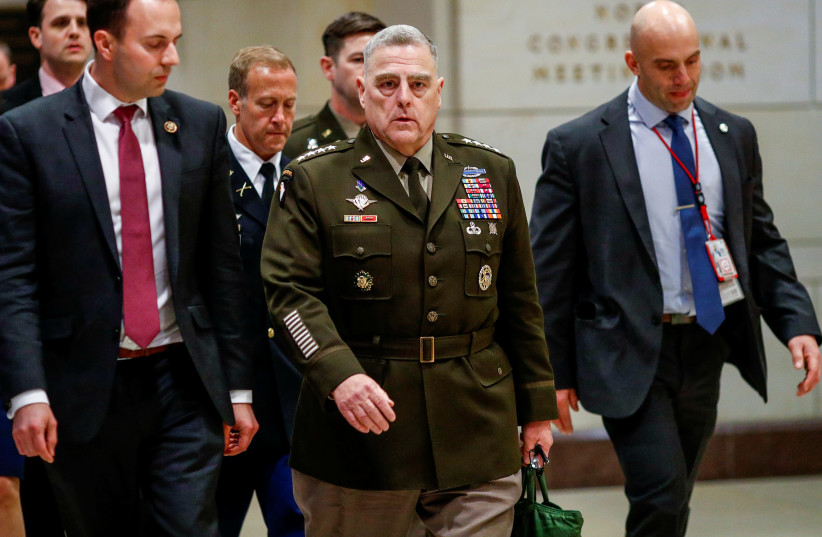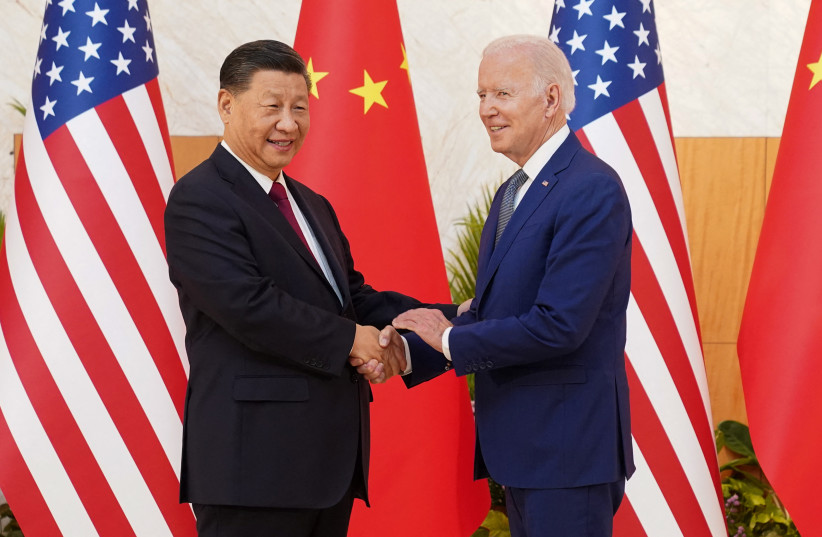US Chairman of the Joint Chiefs of Staff, Mark Milley, the nation's highest-ranking military officer, said that invading Taiwan militarily would prove “very difficult” for the People's Republic of China in a Wednesday press conference, citing the logistics and realities of combat.
Milley, who answered a variety of questions regarding US foreign policy, said that the mountainous terrain of Taiwan – not to mention its population, who Milley presumably believes would fight back in the event of a Chinese invasion – would prove insurmountable for Chinese forces at this time.
“There's a lot of friction and fog and death in combat… they would be playing, you know, a very, very dangerous game to cross the straits and invade the island of Taiwan.”
Chairman of the Joint Chiefs of Staff Mark Milley
“There's a lot of friction and fog and death in combat… they would be playing, you know, a very, very dangerous game to cross the straits and invade the island of Taiwan. They don't have the experience, the background to do it,” Milley explained.
“You've got a large city of Taipei with three or four million people, with the suburbs, about seven million people. You've got very complex terrain with mountains,” Milley continued. “So it's… a very difficult military operation to execute, and I think it'll be some time before the Chinese have the military capability and they're ready to do it.”

US-China relations regarding Taiwan
The issue of Taiwan has come to the forefront of global politics over the last year, with accusations of escalation on both sides. US Speaker of the House Nancy Pelosi traveled to Taiwan in August, angering the Chinese and leading to an increase in tensions within the US-China relationship.
The Chinese military has ramped up the number of drills performed around the Taiwan Strait in recent years and has crossed Taiwanese airspace with fighter jets in the past. Western countries have condemned these exercises and affirmed their support for Taiwan.
Despite the increased friction, both sides have affirmed their commitment to upholding the One-China policy – something US President Joe Biden asserted during his meeting with Chinese President Xi Jinping on Monday at the G20 Summit.

Why would China invade Taiwan?
The CCP (Chinese Communist Party) considers itself the sole legitimate government of China and believes Taiwan should reunite with the Mainland. While advocating for the peaceful reunification of China, the CCP does not rule out taking control of Taiwan by force.
The Democratic Progressive Party (DPP) of Taiwan, which was elected in 2019 and currently governs Taiwan, have said they view Taiwan as its own country – separate from China. Current President Tsai Ing-wen rejected the 1992 One-China Consensus in 2019, though her government has yet to push for a formal declaration of Taiwan independence and is seen as unlikely to do so.
Ben Zion Gad contributed to this report.
